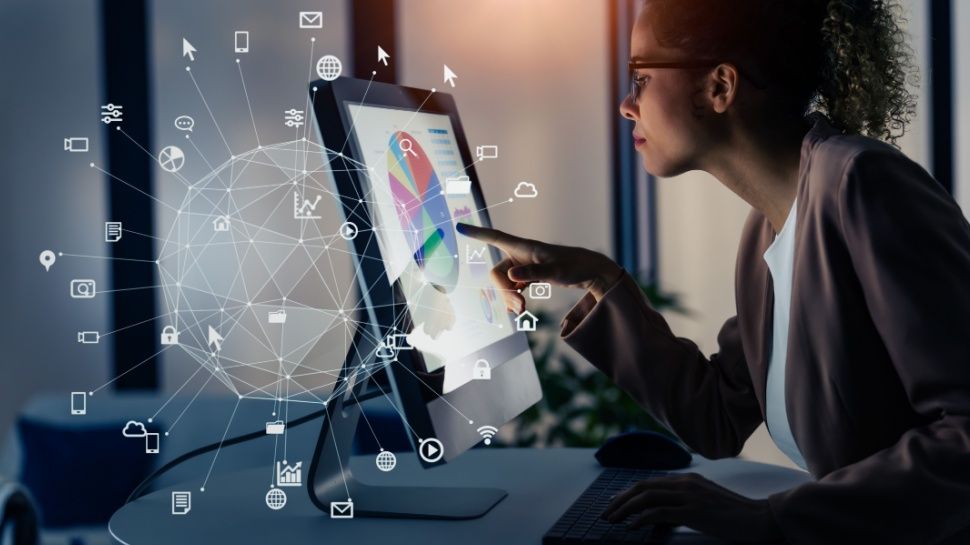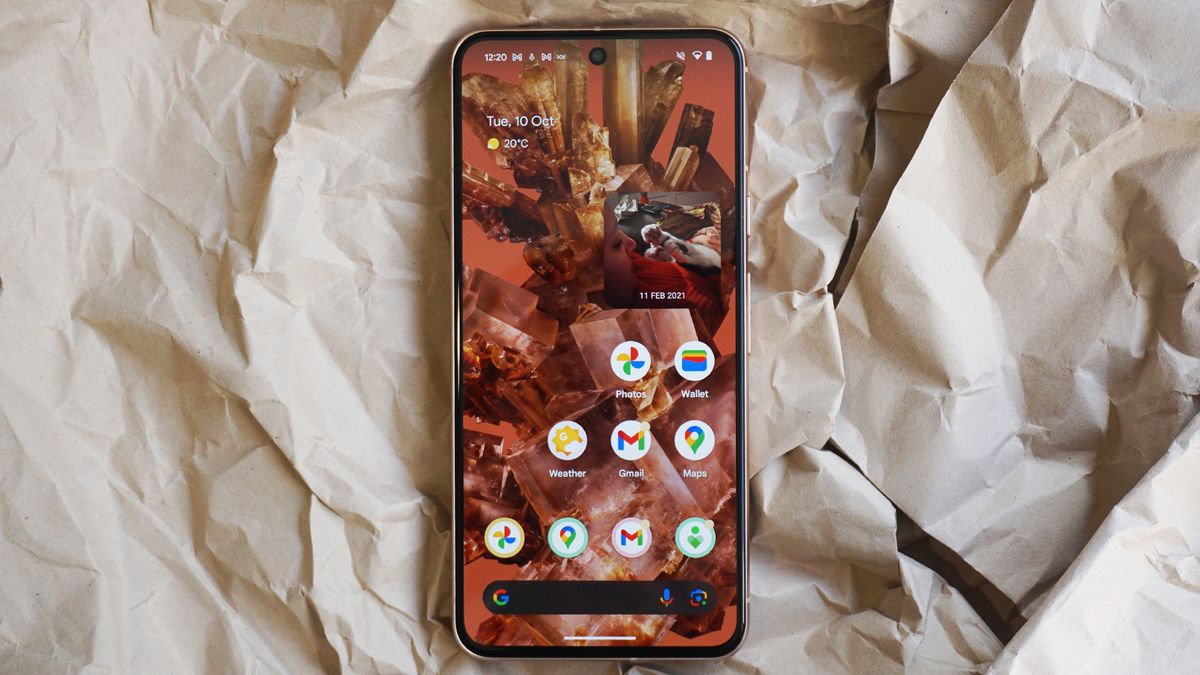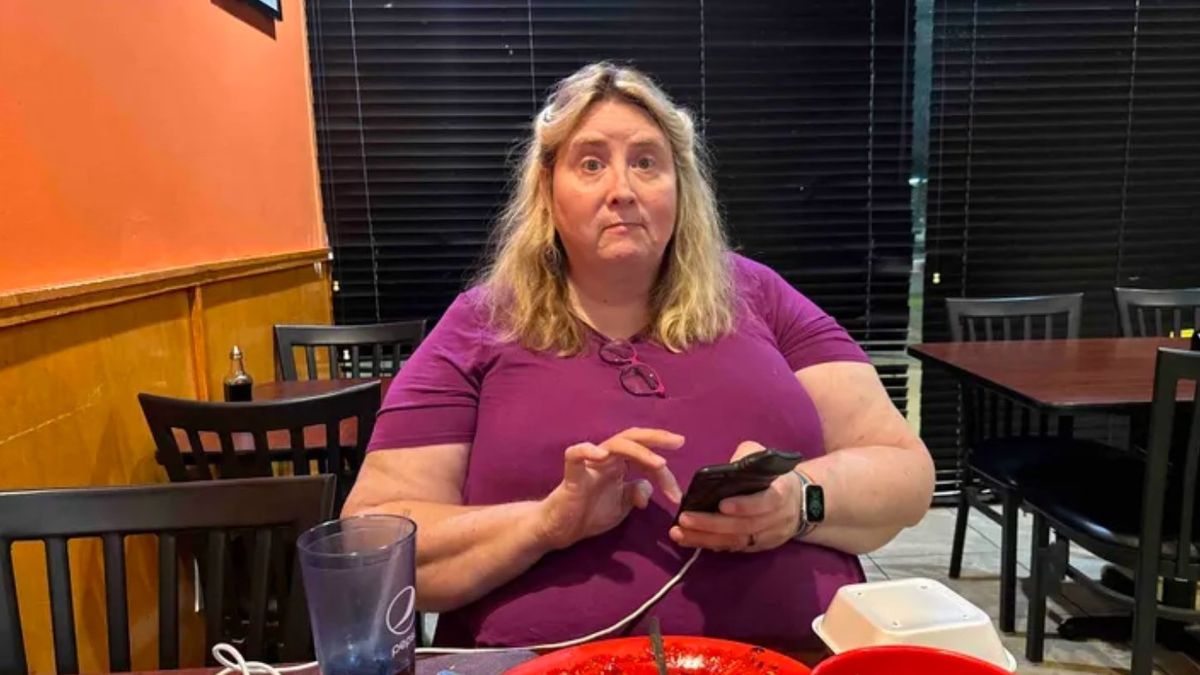Working from an office can be tricky at the best of times, and things look set to get even more complicated with a new tool aimed at protecting screens from prying eyes of all kinds.
Rain Technology's Laptop Switchable Privacy is aimed at so-called Tier 1 manufacturers such as Apple, Dell, HP, Huawei and Lenovo, and seeks to protect displays from hackers and snoopers, especially in vulnerable environments such as cafes, airplanes, trains, subways and taxis.
Of course, LSP works inside the office and at home, too: Rain Technology is targeting corporate IT departments, which would gain the ability to effectively control who can see a laptop screen and who can't, all with the click of a button (or a few buttons).
Beyond software security
The company says its tool is available with a Share Mode and a Privacy Mode to configure the angle and degree of privacy, depending on the customer's specific needs.
“Manufacturers that use this technology will offer the highest level of device data security on the market, generate strong brand affinity and foster trust and loyalty,” explained Rain Technology CEO Robert Ramsey.
“This is a winning proposition for both businesses and consumers that prioritizes security and privacy and also benefits laptop, tablet and monitor manufacturers by providing their customers with differentiated, first-class security.”
Corporate IT departments are focusing heavily on software security (and rightly so, especially as phishing emails and other types of cyberattacks are becoming more common). But there's another aspect to consider: the physical device itself.
In recent years, we've seen Google and other companies share physical hardware keys to make it easier to log in online and ensure that people are who they say they are. And in some ways, Laptop Switchable Privacy is an extension of that mindset.
The company says that when a laptop's screen is “secured,” the only thing a potential hacker or spy can see is a black, metallic display screen with the Display Screen Branding logo, which Rain Technology describes as an etched logo design.
As for the technology that powers LSP, Rain claims to hold the patent for “creating a thin, integrated proprietary layer within the liquid crystal module of a display screen,” meaning it goes beyond simply adding a software layer to laptops. At its peak, there can be as little as 0.3% visibility of the screen from a 45° viewing angle.
Rain says LSP supports standard LCD displays and plans to soon support OLED, Micro-LED and Nano-LED displays.








